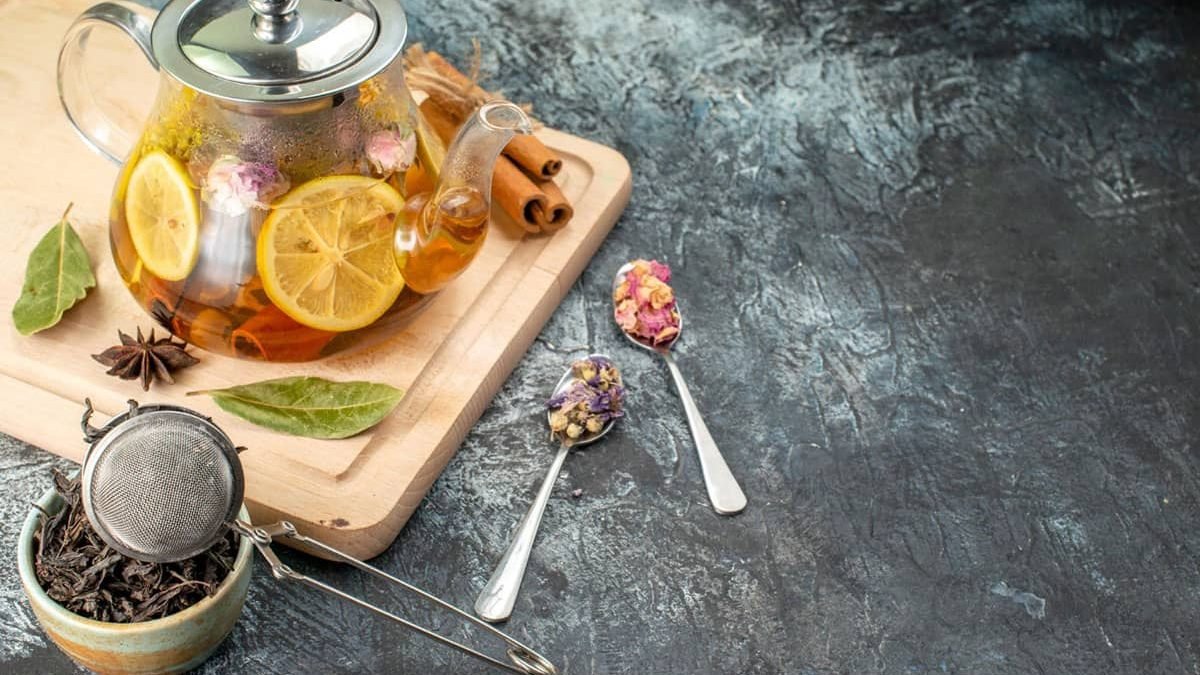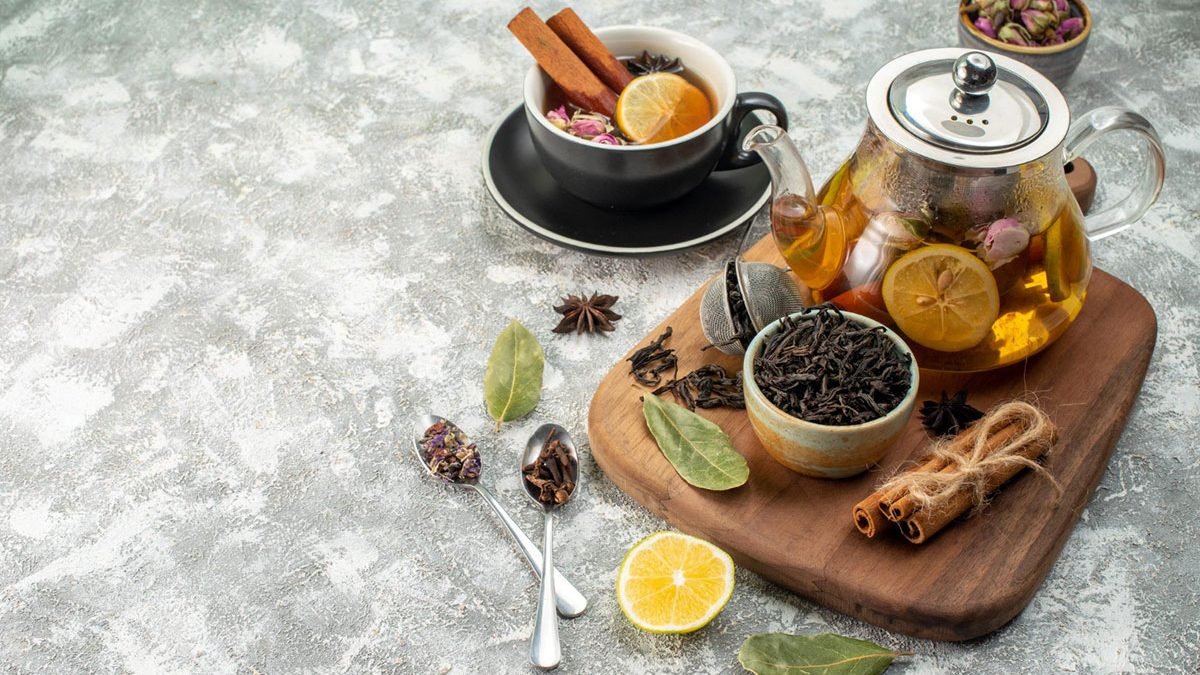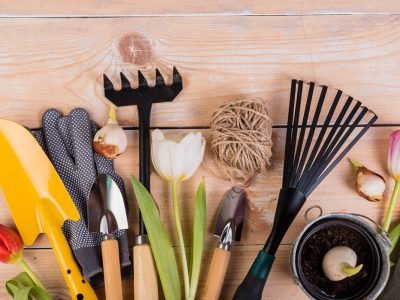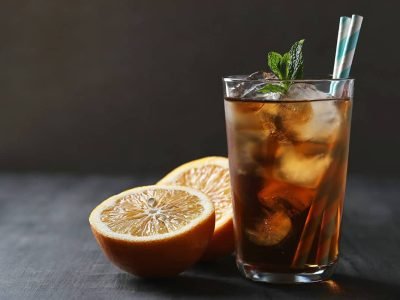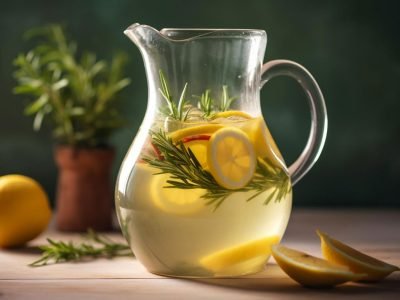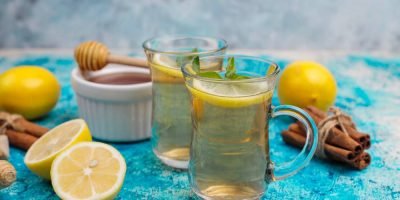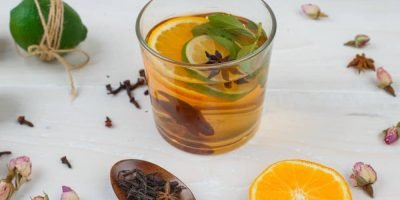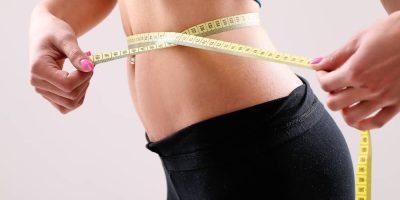Does Herbal Tea Have Caffeine?
Does Herbal Tea Have Caffeine? This is a popular question people are asking online. Herbal tea is a type of tea that is made from herbs, spices, and other plant materials. It does not contain any tea leaves or caffeine. Herbal tea has various health benefits, including reducing stress, improving digestion, and boosting the immune system. Although herbal tea does not have caffeine, it can still have a stimulating effect on the body due to the presence of other compounds.
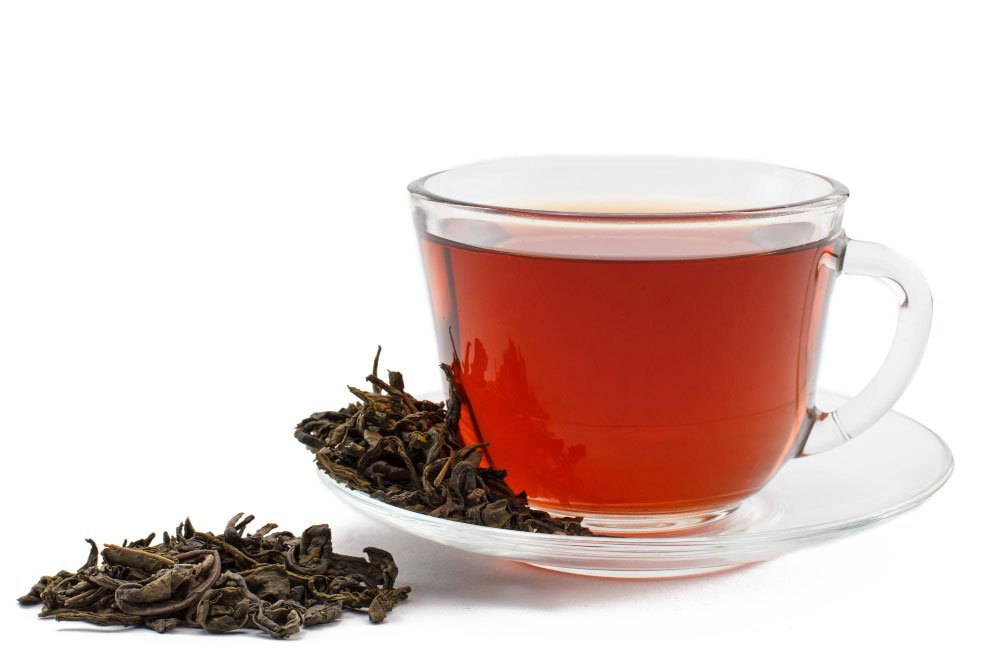
What is Herbal Tea?
Herbal tea is a popular beverage choice for many people looking for a healthy alternative to sugary drinks or coffee. But did you know that some types of herbal tea can contain caffeine? In this article, we’ll take a closer look at what caffeine is, how much caffeine is in herbal tea, and whether or not this beverage is still a good choice for those who are looking to avoid this stimulant.
What is Caffeine?
Caffeine is a stimulant that occurs naturally in the leaves, seeds, and fruits of over 60 plants. This chemical compound works by affecting the nervous system, heart, and muscles, which can lead to an increase in alertness and energy levels. Caffeine is the most widely consumed psychoactive substance in the world and can be found in coffee, tea, energy drinks, soda, chocolate, and even some medications.
Does Herbal Tea Have Caffeine?
For centuries, people have been consuming herbal tea for its various health benefits1. Herbal tea is made from plants’ leaves, flowers, and fruits. Unlike regular tea, herbal tea does not contain caffeine. However, some herbal teas may contain small amounts of caffeine from other sources.
Green tea is one of the most popular types of herbal tea. It is made from the leaves of the Camellia sinensis plant. Green tea does not contain caffeine naturally4. However, it may contain small amounts of caffeine from other sources, such as impurities in the water or traces of caffeine from the soil.
Black tea is another popular type of herbal tea. It is made from the leaves of the Camellia sinensis plant. Black tea contains caffeine naturally. The amount of caffeine in black tea varies depending on the type of plant and growing conditions7.
Yerba mate is a type of herbal tea made from the Ilex paraguariensis plant leaves. Yerba mate contains caffeine naturally. The amount of caffeine in yerba mate varies depending on the type of plant and growing conditions.
How Much Caffeine is in Herbal Tea?
The amount of caffeine in herbal tea varies depending on the type of tea and the brewing method. For example, green tea generally contains more caffeine than black tea. And steeped for more extended periods, herbal teas will have more caffeine.
However, it’s important to note that the caffeine content in herbal teas is still significantly lower than in coffee or energy drinks. For example, a cup of green tea has about 24-40 milligrams of caffeine, while a cup of coffee has 95-200 milligrams.
Is Herbal Tea Good for You?
Despite containing small amounts of caffeine, herbal teas are still a healthy beverage choice. This is because they are also packed with antioxidants and other nutrients that can offer various health benefits.
For example, green tea has been shown to improve cognitive function and increase fat burning, while black tea has been associated with a lower risk of stroke and heart disease. Yerba mate, another type of herbal tea, has been linked to improved mental focus and decreased anxiety levels.

Herbal Tea and Pregnancy
Although herbal teas offer many health benefits, pregnant women should limit their intake due to the small amount of caffeine. Caffeine consumption during pregnancy can increase the risk of miscarriage or low birth weight. It’s best to stick to decaffeinated herbal tea varieties if pregnant or breastfeeding.
Herbal Tea and Anxiety
For those suffering from anxiety disorders, it’s essential to be aware that some herbal tea can contain caffeine. While caffeine in these teas is usually lower than coffee or energy drinks, it can still worsen anxiety symptoms in some people. If you’re sensitive to caffeine or anxiety, it’s best to avoid herbal teas altogether or stick to decaffeinated varieties.
Green Tea
Green tea is one of the most popular types of herbal tea. It is made from the Camellia sinensis plant and can vary in color depending on the type of tea and how it is processed. Green tea is somewhat lower in caffeine than black tea but still contains caffeine. The exact amount of caffeine will depend on how long the tea is brewed and the strength of the tea.
Black Tea
Most herbal teas do not contain caffeine, but a few exceptions exist. Black tea is made from the Camellia sinensis plant leaves and contains caffeine. The amount of caffeine in black tea varies depending on how long it is brewed and how much leaf is used, but it is typically around 14 mg per cup. If you are sensitive to caffeine, avoiding herbal teas containing black tea or limiting your intake is best.
Yerba Mate
Yerba mate is a type of tea that is popular in South America. It is made from the leaves of the yerba mate plant, which are dried and then brewed. Yerba mate contains caffeine and other substances that can have stimulant effects.
For this reason, it is essential to be aware of the potential side effects of drinking yerba mate, especially if you are sensitive to caffeine. While yerba mate can be enjoyed in moderation, it is essential to remember that it is a potent source of caffeine and should be consumed accordingly.
Herbal teas have been around for centuries and are celebrated for their many health benefits. While most herbal teas are caffeine-free, there are a handful that do contain small amounts of caffeine. So, if you want to avoid caffeine altogether, it’s best to research before brewing a cup of herbal tea.
Post Disclaimer
The information contained in this post is for general information purposes only. The information is provided as is and while we endeavour to keep the information up to date and correct, we make no representations or warranties of any kind, express or implied, about the completeness, accuracy, reliability, suitability or availability with respect to the website or the information, products, services, or related graphics contained on the post for any purpose.
These statements have not been evaluated by the FDA and are not intended to diagnose, treat, cure or prevent any disease or health condition. If you have specific healthcare concerns or questions about the products displayed, please contact your licensed healthcare professional for advice or answers.



